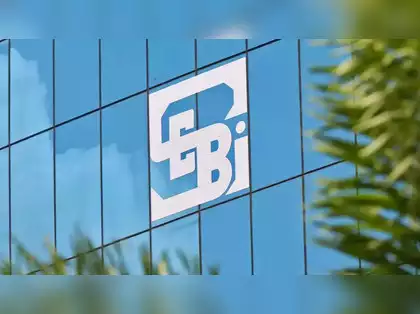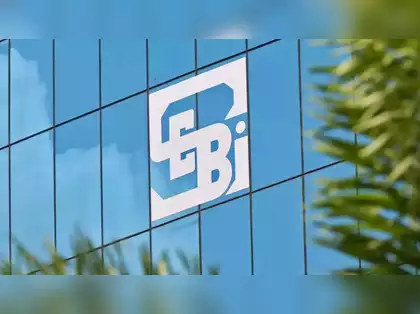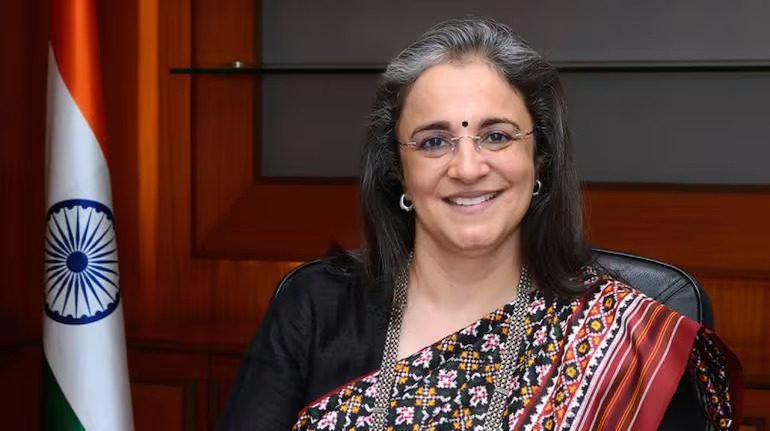MUMBAI: According to two sources, the Adani Group’s interactions with at least three offshore businesses that are connected to the brother of the conglomerate’s founder may have violated related party transaction regulations.
The people with direct knowledge of the situation claimed that during the past 13 years, the three firms engaged in a number of investment transactions with unlisted divisions of the ports-to-power conglomerate created by billionaire Gautam Adani.
According to the two sources, Vinod Adani, Gautam Adani’s brother, is either a beneficial owner, a director, or has connections to those three offshore entities. The Securities and Exchange Board of India (Sebi), the regulator, is also looking into whether the lack of disclosure violated the rules regarding “related party transactions.”
Direct relatives, promoter groups, and subsidiaries of listed firms are all regarded as connected parties under Indian law. An organisation with a sizable investment in a publicly traded company that has the power to affect corporate policy is known as a promoter group.
Shareholder approval beyond a predetermined threshold is required for transactions between such organisations, and disclosure of such transactions in regulatory and public filings is required. Usually, violations result in monetary fines.
Sebi did not respond to a comment request e-mail. At a news conference on Wednesday, Madhabi Puri Buch, the chairman of the Sebi, declined to comment on the Adani probes.
Vinod Adani is a member of the Adani family and a member of the promoter group, according to a spokeswoman for the Adani Group, but he is not employed in a managerial capacity by any of the listed Adani firms or their affiliates.
The spokeswoman said, without commenting on the regulatory investigation into offshore entities, “This fact, like all other material information needed to be reported, has been submitted to the regulatory authorities in the past and also as and when required.”
It was impossible to contact Vinod Adani for comment. Adani Global Investment DMCC, his holding firm in Dubai, did not reply to requests for comment.
The investigation follows a report released on January 24 by US short-seller Hindenburg Research that alleged inappropriate use of tax havens and stock manipulation by Adani Group, among other things—charges the company has refuted.
Shares in the Adani group of enterprises lost more than $100 billion in value as a result of the Hindenburg report.
In March, the Indian Supreme Court requested that Sebi look into the Adani Group for any violations of the regulations governing connected parties, public holdings, or regulatory disclosures.
It has not before been disclosed that Sebi is looking into Adani’s potential “related party” dealings with foreign companies connected to Vinod Adani.
Top regulatory authorities must present a status report to a court-appointed panel on Sunday while Sebi investigations are still ongoing, according to the two sources, who spoke on the condition of anonymity because investigations are ongoing.
Disclosure infractions
In its January investigation, Hindenburg claimed that Vinod Adani corporations had transferred “billions of dollars” into both Adani’s publicly listed and privately held companies, frequently without disclosing the related party character of the transactions as was required by law.
In a 413-page response to the claims, the Adani Group stated that all of its dealings with organisations that are considered “associated parties” under Indian law and accounting requirements have been properly declared.
Krunal Trade and Investments Ltd, Gardenia Trade and Investments Ltd, and Electrogen Infra, all domiciled in Mauritius, are the three offshore companies connected to Vinod Adani that are being investigated for “related party” activities.
Emails requesting comment received no response from Krunal, Gardenia, or Electrogen Infra.
Although the sources said that other such transactions were also being investigated by regulatory authorities, Reuters was unable to identify any additional firms or their potential violations of the laws governing “related party” transactions.
One of the two sources stated that Sebi believes some of those transactions may have involved “disclosure violations.”
If established, it may result in financial penalties and be sent to India’s Ministry of Corporate Affairs (MCA) for transactions that go beyond of Sebi’s purview, the person said.





